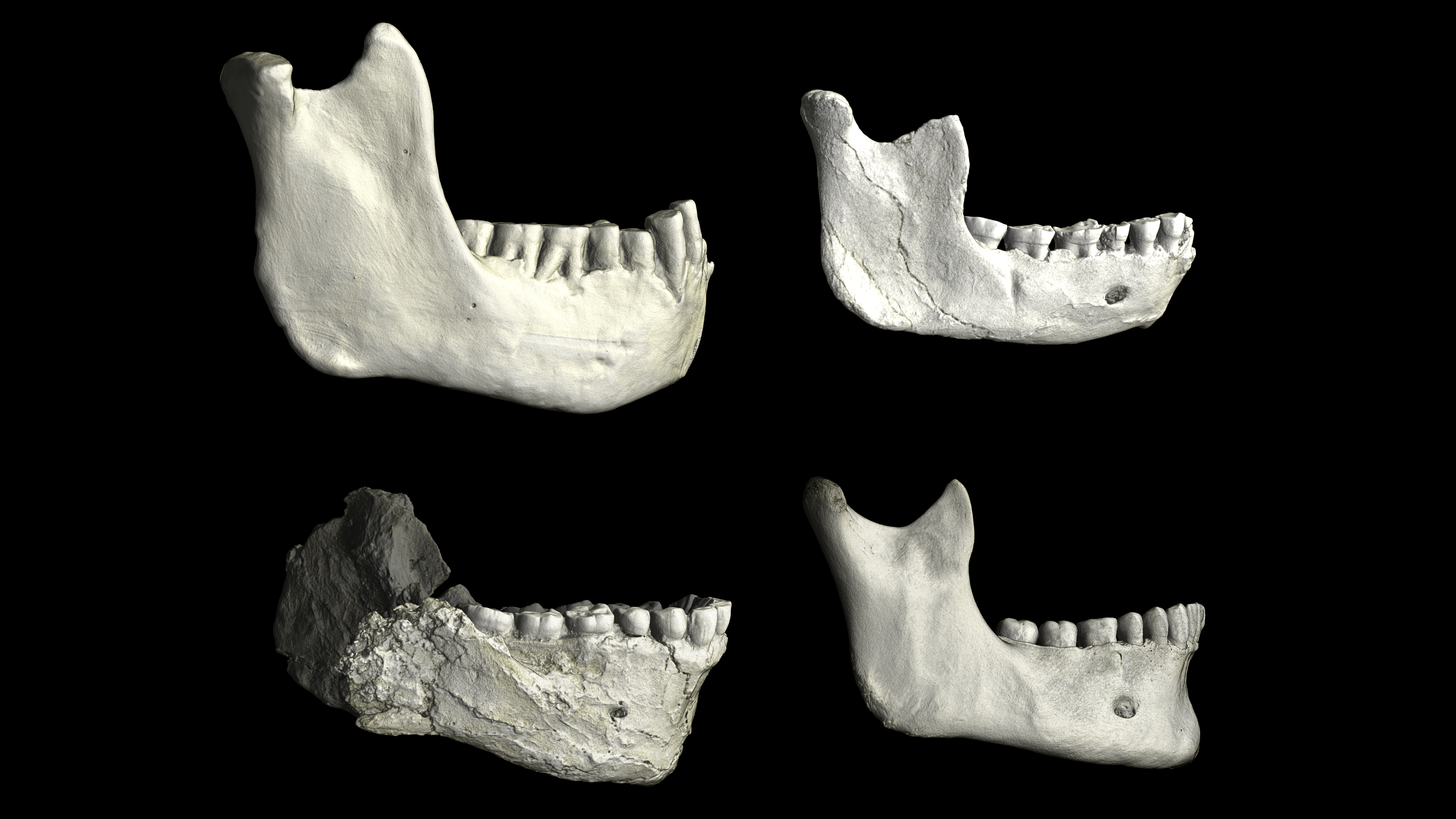
Scientists are calling for an autopsy of one of the Boston Marathon bombing suspects to see if he had brain damage. Though brain damage probably didn't play a role in the bombings, it may have contributed to other personality changes, researchers say.
Tamerlan Tsarnaev, 26, may have suffered from a type of brain damage caused by repeated impacts called chronic traumatic encephalopathy, or CTE, researchers say. Scientists believe CTE can cause emotional instability and impulse control.
Tsarneev was a boxer for most of his life, and family members and peers described dramatic personality changes in recent years. Still, the cold-blooded, planned nature of the attacks makes it highly unlikely that brain injury played a role in the bombs, Boston University neurology professor Robert Stern told Boston.com.
Follow Tia Ghose on Twitter @tiaghose. Follow LiveScience @livescience, Facebook & Google+.
Get the world’s most fascinating discoveries delivered straight to your inbox.

Tia is the editor-in-chief (premium) and was formerly managing editor and senior writer for Live Science. Her work has appeared in Scientific American, Wired.com, Science News and other outlets. She holds a master's degree in bioengineering from the University of Washington, a graduate certificate in science writing from UC Santa Cruz and a bachelor's degree in mechanical engineering from the University of Texas at Austin. Tia was part of a team at the Milwaukee Journal Sentinel that published the Empty Cradles series on preterm births, which won multiple awards, including the 2012 Casey Medal for Meritorious Journalism.



